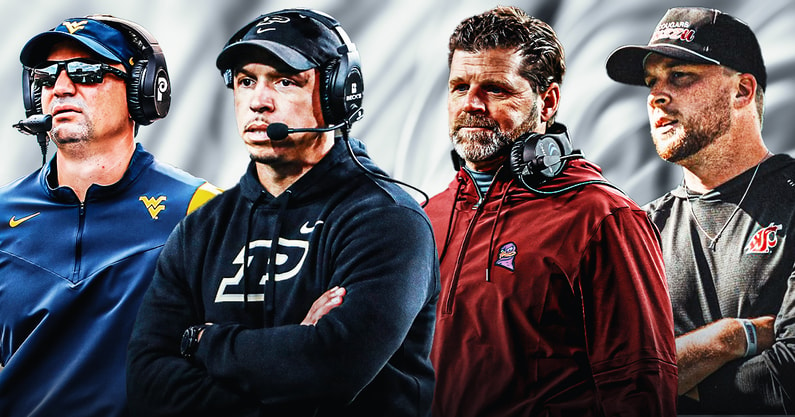The Rush for Coaching Rumors and the Cost of Being “First” in College Football

The college football coaching carousel has always been loud, but in recent years it has become a full-blown storm. Every fall, journalists, sports writers, and especially social media outlets race to break the next "big hire." Names like Lane Kiffin, who continues to build success at Ole Miss, and Jedd Fisch, who recently reinforced his commitment to Washington, get pushed into rumor cycles even when there is no evidence that they are leaving.
But why does this keep happening? And who should be held accountable when false news damages programs, player morale, and recruiting?
The Rush to Be First
Today's sports media world rewards speed, not accuracy. Reporters and influencers know that the first person to drop a rumor gets clicks, shares, and attention — even if the information is wrong. Social media amplifies everything instantly, allowing one unverified post to circulate as "news" within minutes.
In many cases, writers rely on vague "sources" or incomplete information, publishing speculation as fact. Because athletic departments rarely announce their intentions early — for strategic and contractual reasons — the information vacuum gets filled by rumor.
Journalists want engagement. Fans want answers. The result is a market where speculation is treated like reporting.
False Reports Create Real Problems
The impacts of these rumors are not harmless. Jedd Fisch's recent situation proves that fabricated headlines can disrupt real lives. As Adam Rittenberg of ESPN reported, Fisch publicly reaffirmed his commitment to the University of Washington after social media speculation claimed he was leaving. Fisch made it clear: he is invested in Washington's long-term vision and is not entertaining outside offers.
But the damage is already done.
False rumors:
-
Confuse recruits who want stability
-
Frustrate players who trust their coach
-
Distract staff and administration
-
Create unnecessary pressure on programs
-
Harm a coach's reputation without cause
In today's landscape, a simple rumor can influence a recruit's decision — and that directly affects wins, losses, and a program's future.
Freedom of Speech vs. Responsible Reporting
Is this just freedom of speech in sports? Yes and no.
The First Amendment allows journalists, bloggers, and social media personalities to speak freely. But freedom does not remove responsibility. Ethical journalism requires verification, accountability, and transparency.
There is a difference between:
-
Reporting (fact-checked, sourced, verified)
-
Speculating (educated guessing)
-
Inventing stories for clicks (misinformation)
Many in sports media blur these lines intentionally.
Who Should Be Accountable?
Accountability should fall on several groups:
1. Journalists and media outlets
They must verify information before publishing. Being first means nothing if it is false.
2. Social media personalities and fan accounts
If they want credibility, they must stop presenting rumors as facts.
3. Fans and consumers
We must stop rewarding clickbait by giving it attention.
4. Schools and athletic departments
Programs can reduce chaos by issuing faster clarifications or statements when false rumors start circulating.
Conclusion
The modern college football rumor mill is out of control because the system rewards speed, speculation, and sensationalism. Coaches like Jedd Fisch are forced to publicly correct lies just to protect their program's stability. While free speech allows opinions and rumors, responsible journalism must still matter — especially when real people, real recruits, and real programs pay the price.
Accuracy is more valuable than being first.
College football — and the people who dedicate their lives to it — deserve better.
